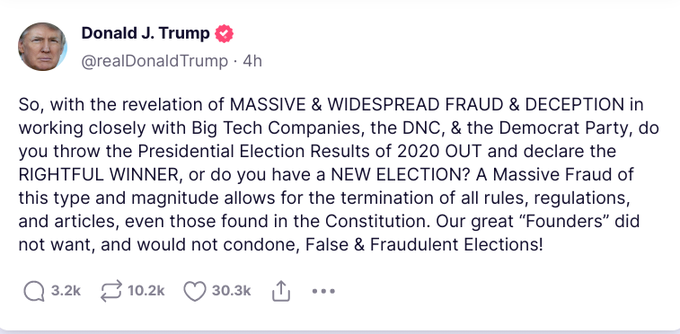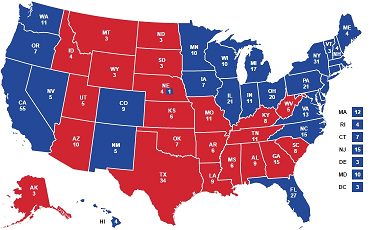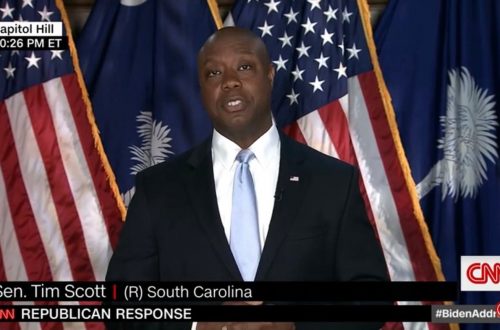Over the weekend, former President Trump wrote the following on Truth Social:

You read that correctly—”terminate” the Constitution.
This statement surely can be added to the long list of foolish, reprehensible things the former president has said over the years. It repeats his “big steal” gambit. Even worse, it calls for the Constitution of the United States to be overthrown.
Nearly two years ago, I wrote about his stolen election claims and the January 6th disgrace, and I suppose I have nothing to add to that (read it here). But on this latest remark about “terminating” the Constitution, it’s worth pointing out that this kind of talk is a complete contradiction of the Presidential oath of office–an office that he is now seeking to fill again.
Albert Mohler discusses the former President’s remarks today on The Briefing, and I highly recommend it. Among other things, Mohler says this (and I couldn’t agree more):
“The language that the former president articulated in that social media posting is a direct contradiction of the oath of office for the President of the United States… This is a form of recklessness incompatible with serving as president of the United States… The Constitution is not a matter for political posturing, and… the presidential responsibility to preserve, protect and defend the Constitution is not a matter for negotiation on social media…
The list of presidents who have tested constitutional limits and the very boundaries of presidential authority–that would be a very long list. But the list of presidents or even serious presidential contenders who have used language like this is–at least at this point–a list of one.
We are in uncharted political territory here, but it ought to have the attention of conservatives, and it ought to have the attention of Christian conservatives. Because this kind of language is incompatible with a conservative cast of mind, a conservative disposition, and a conservative understanding of the Constitution. It is by no means conservative to say we will put the Constitution on pause if we feel that we have adequate cause.”
Listen to the rest here or below.






